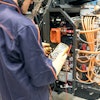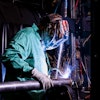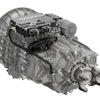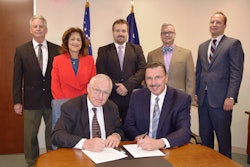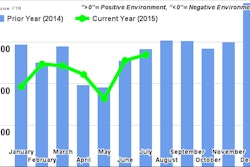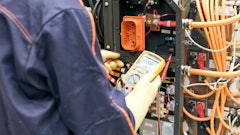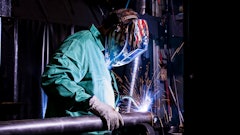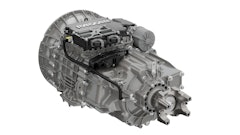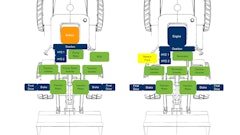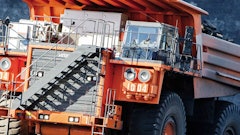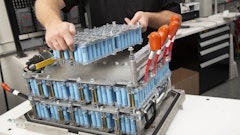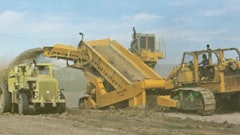To unleash the potential of the advanced European farm and construction equipment sectors and maintain their presence and growth in Europe, industry leaders call on EU policy makers to adopt a ‘smart’ approach to EU regulation, and open up funds from the Common Agriculture Policy and the European Investment Fund (Juncker Plan).
The machines and equipment that are used in today’s construction and agriculture sectors are increasingly ‘smart’, deploying the latest information technologies to deliver highest productivity to customers, improve safety and reduce waste, energy use and emissions.
During the ‘Smart Regulation for Smart Machines’ Summit in Brussels, organized by the European trade associations CECE (construction equipment manufacturers) and CEMA (agriculture equipment manufacturers), industry executives exchanged views with European Commission officials and members of the European Parliament to identify opportunities, challenges and solutions for strengthening the manufacturing sector in Europe, making the EU a more competitive economy in global perspective.
“Industry is a solution provider,” said Prof. Martin Richenhagen, Chairman, President and CEO of AGCO. “We need a smart EU policy framework to support innovation in the agricultural machinery industry in order to develop a coherent, forward-looking vision for European agriculture.”
Peter Jahr MEP, member of the agriculture committee, said, “Precision farming systems are the way forward for large parts of the agriculture sector and the EU needs to work with industry to make the best use of available technologies and funds. Agriculture needs to make use of scientific progress, as it will contribute to a tremendous increase in sustainability of the sector.”
Dominique Riquet MEP, Chairman of the Intergroup for Long-Term Infrastructure Investment added, “As legislators, whose main objective is to restore growth, we need to help the equipment sector be more competitive by encouraging innovation and facilitating SMEs' access to finance. But our action should also target the sector's clients and aim at setting clear and modern, yet stable rules.”
“We still experience too often that different sets of regulation are inconsistent or contradict each other,” said Wolfgang Burget, Managing Director of Liebherr EMtec GmbH and chairman of the CECE high-level technical policy advisory group. Burget cited emissions legislation as an example, where the EU sets harmonized exhaust limits for machines, but local authorities can opt to introduce additional measures. “This goes against the principles of the internal market. The EU should turn words into deeds and adopt a more holistic approach when designing new policy.”
‘Smart Regulation for Smart Machines’ was a part of the CECE-CEMA Summit which was held for the third time and attended by over 250 industry executives, technical experts, EU policy makers and academia.
Need for skilled professionals
As a special part of the program, the summit highlighted the opportunities for skilled professionals to seek a career in the machinery industry, reflecting the need in the sector to attract sufficient new talent.
A select group of young engineers showcased a number of highly innovative industry projects, showing what the future in the sector will look like. Their profiles and projects are available on the summit's website.
